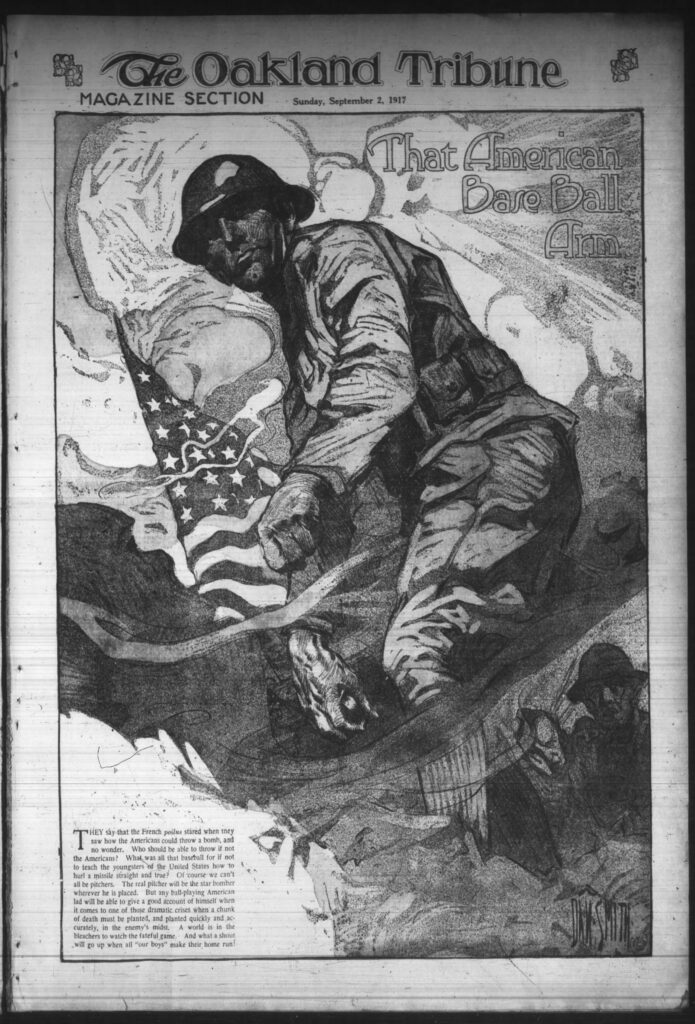Two or three weeks ago in my Irish history class, we were going over the World War I years. One of the things the professor does is weave in poetry and song; he has even sung a song or two despite the palpable discomfort of many of his auditors. For the poetry, his habit is to declaim a stanza or two unless the piece is quite short. During the World War I lecture, he brought in a sonnet by a man well-known in Ireland but little known elsewhere: Tom Kettle.
Kettle was an Irish nationalist of the Home Rule stripe. Meaning: He hoped for an independent Ireland, but supported a campaign to create an Irish government that would still be part of the British Empire. Just as that goal was about to be realized, the European war broke out. When the fighting began, in August 1914, Kettle was in Belgium trying to buy guns for Irish nationalist militias. Instead, he spent several months helping the Belgians in their futile bid to hold off the German onslaught. Prompted largely by what he had seen, he volunteered for service in the British army when he returned home and recruited fellow Irishmen into the ranks. Among radical nationalists, who held to the age-old position that England’s difficulty was Ireland’s opportunity, Kettle’s position was akin to a sellout. When the nationalists launched the Easter Rising in Dublin in 1916, Kettle was devastated; though in poor health, he asked for a front-line combat position. He was sent to France to join an Irish unit in the Battle of the Somme.
It was there that he wrote “To My Daughter Betty, The Gift of God”:
In wiser days, my darling rosebud, blown
To beauty proud as was your mother’s prime,
In that desired, delayed incredible time,
You’ll ask why I abandoned you, my own,
And the dear heart that was your baby’s throne
To dice with death. And, oh! they’ll give you rhyme
And reason: some will call the thing sublime,
And some decry it in a knowing tone.
So here, while the mad guns curse overhead,
And tired men sigh, with mud for couch and floor,
Know that we fools, now with the foolish dead,
Died not for flag, nor King, nor Emperor,
But for a dream, born in a herdsman’s shed,
And for the secret Scripture of the poor.
The poem’s postscript reads: “In the field before Guillemont, Somme. September 4, 1916.” Kettle died leading his troops into action five days later.
Technorati Tags: ireland
Like this:
Like Loading...

